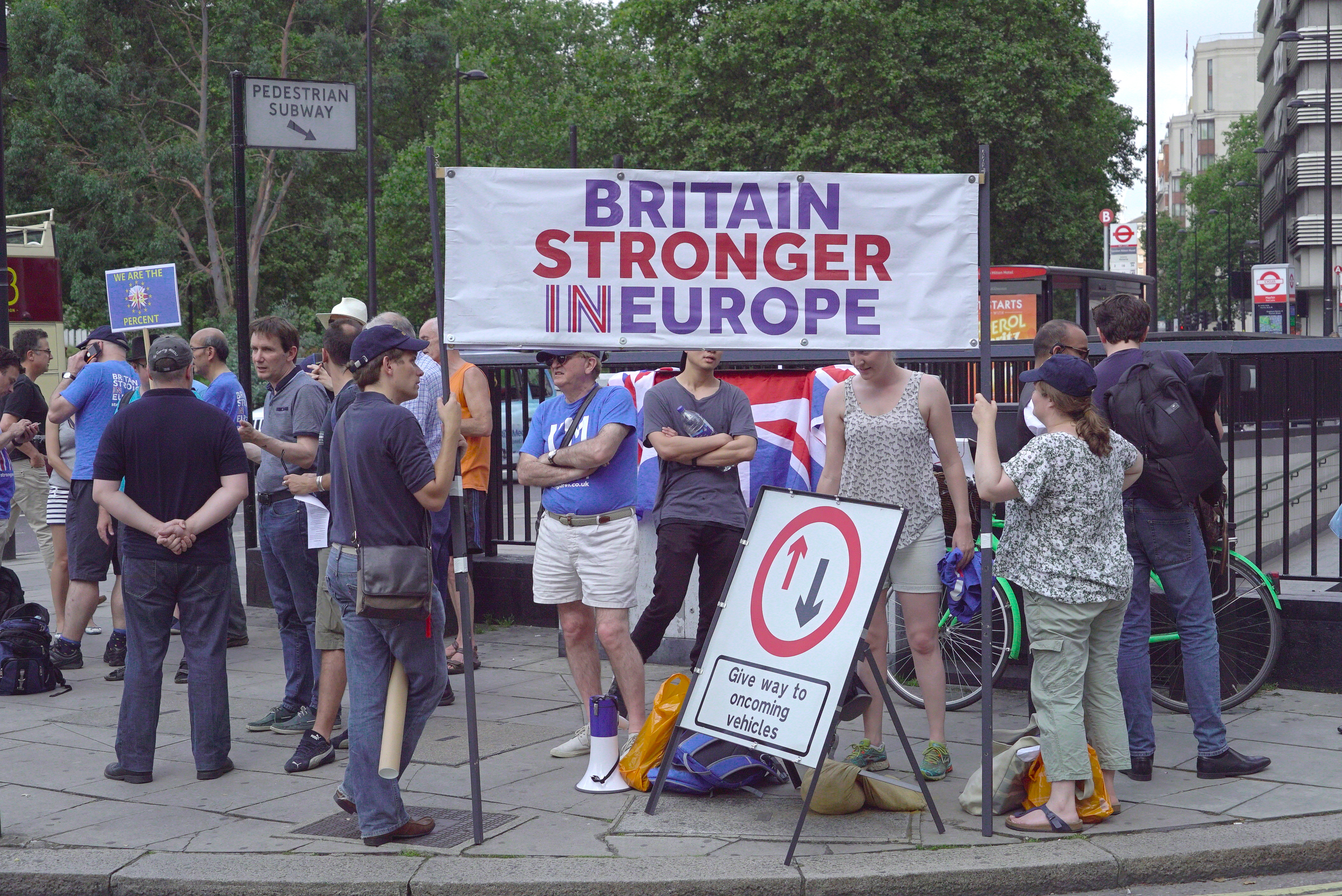
The official 2016 platform for Britain to remain in the European Union, ‘Britain Stronger in Europe’, was among the worst campaigns in modern history. In the face of a populist movement for leave, powered by decades of anti-EU rhetoric and a 25-year schism within the Tory party, it was always going to struggle.
Its figurehead was Stuart Rose, former CEO of Marks and Spencer. He was joined by others including June Sarpong, Richard Reed and Peter Mandelson. Pitting that mix – of political ingenues and vestiges of a much-tainted establishment – against a folk politics mobilising key elements of British identity proved a historic mistake.
The executive director for ‘Britain Stronger in Europe’ was Will Straw. Straw had no previous experience of running something of such magnitude, the pinnacle of his campaigning CV a defeat in the seat of Rossendale and Darwen in the previous year’s general election. Within months of the Brexit vote he would be awarded a CBE.
This tells you something which, by now, should be obvious: the remain campaign was the establishment on autopilot. Perhaps that was because the majority of MPs agreed on the issue – including most Conservatives. When you have David Cameron and Sadiq Khan sharing a platform, surrounded by remain-supporting Londoners, it probably feels like there is an overwhelming consensus in your favour. Or maybe, after winning two previous referenda – on electoral reform in 2011 and Scottish Independence in 2014 – those surrounding the Cameron team, including the official campaign, presumed this to be similarly in the bag. Banking on the cliche that the British public were ‘instinctively conservative’ was the happy place for those who wanted to remain but didn’t want to make the effort of actually persuading anyone.
Knowing this allows you to understand how a major part of the official remain campaign, as well as its Labour cousin fronted by Alan Johnson, was – at best – to ignore Jeremy Corbyn. Indeed at times it felt that attacking him mattered more to some campaigners than actually winning. Then, as with the following year’s general election, they failed to grasp a national appetite for change. That explains how Nigel Farage, educated at Dulwich College and a former commodity trader, successfully presented himself as the people’s tribune against a perfidious elite.
Two years later and, even now, rather than blaming a ponderous campaign on themselves that reflex endures. This is the basis for a movement – we can call it ‘continuity remain’ – which is even more useless than the original. For something with a large, passionate and potentially ready-made constituency, it has gone nowhere. Surprisingly so in fact.
A major reason why is that it insists on punching left – despite the fact Brexit is being enacted by a Conservative government. Indeed within days of the result, much of the parliamentary Labour party decided Corbyn was to blame and needed to go. We all know what happened next.
Even over the last few weeks those campaigning for a second referendum made attacking Labour’s leadership their priority. Between taking selfies with Justine Greening, making placards calling Phillip Lee a ‘Great British Hero’, and calling Dominic Grieve a ‘legend’, they even ran a billboard campaign attacking John McDonnell and Diane Abbott. While the latter two would vote for a meaningful vote on the final deal this week, the former three did not.
The centrist myth that Brexit could be stopped if Corbyn just ‘did something’, or better yet was replaced, is a convenient substitute for an actual movement. The likes of Peter Mandelson and Alastair Campbell attacking him in TV studios is, after all, much easier than building a social majority around a set of coherent demands. Indeed, even now, the latter hasn’t materialised. Depending on what day it is, leading remain campaigners will say their objective is to stop Brexit altogether, ensure membership of the single market or, simply, to have a referendum on the final deal. The lack of clarity is remarkable. When people march in London on Saturday the question most will instinctively ask, whether they are supportive or not, is ‘what do they actually want?’
All of this has served to make a soft Brexit less likely. The goal after June 2016 should have been about getting the most progressive outcome the public would consent to – especially on trade and migration. This was a minimal program which could have been achieved. Ultimately, I think Corbyn and Keir Starmer will get it. That is despite, not because of, those who sought to denigrate them at every turn.
The real tragedy is that too many who want a more progressive Britain, even after Brexit, continue to be let down by the patrician establishment. A campaign for a second referendum which is led by the likes of Open Britain, Best for Britain and the European Movement – stuffed as they are with former Tory and Lib Dem staffers and donors, will go nowhere. If you want a Britain for the many, one that accepts more refugees and is an open and tolerant place, then get behind Corbyn. Accepting the political instincts of New Labour lackeys and ex-Nick Clegg staffers makes what you want less likely, not more.